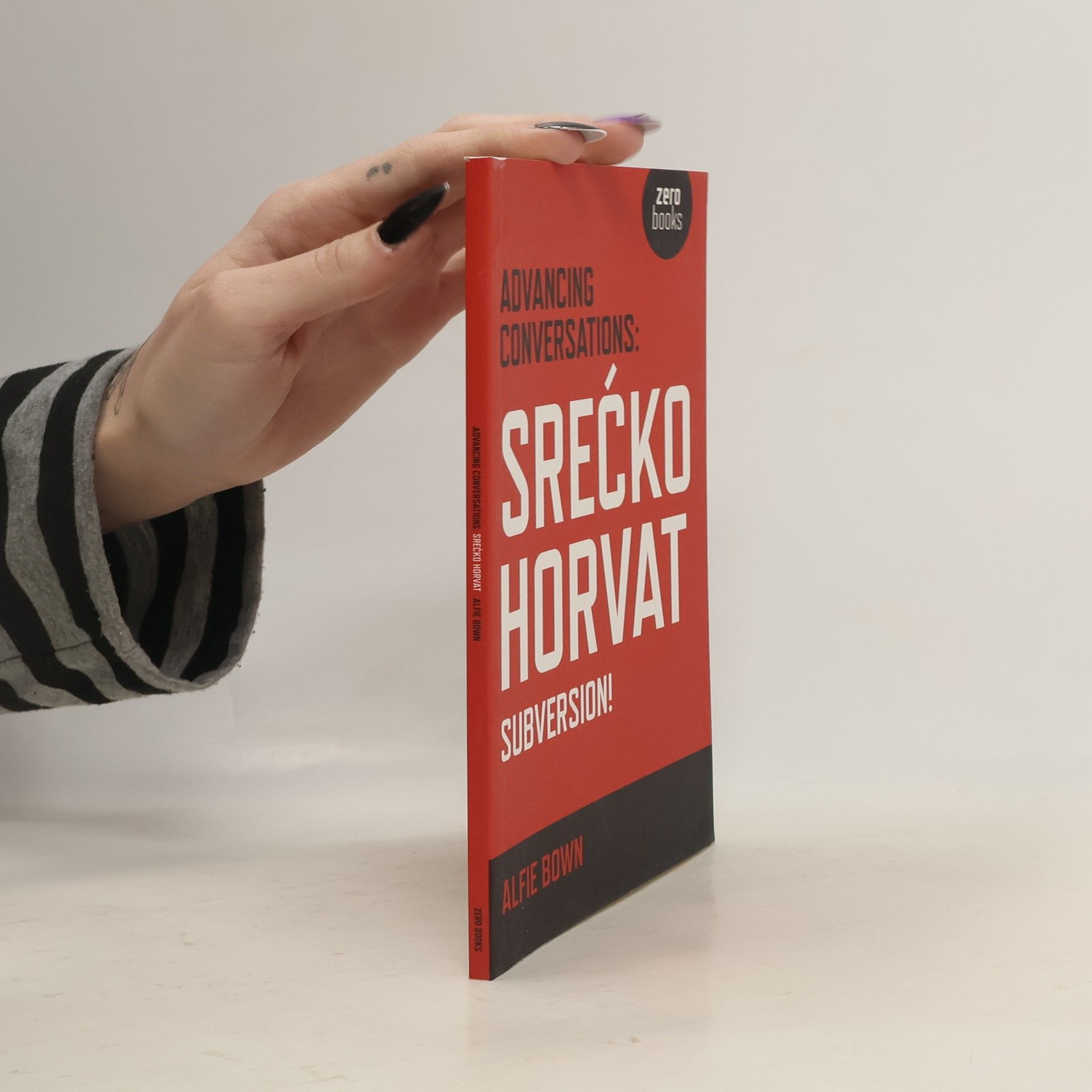After the Apocalypse
- 180 páginas
- 7 horas de lectura
In this post-apocalyptic rollercoaster ride, philosopher Sreko Horvat invites us to explore the Apocalypse in terms of 'revelation' (rather than as the 'end' itself). He argues that the only way to prevent the end - i.e., extinction - is to engage in a close reading of various interconnected threats, such as climate crisis, the nuclear age and the ongoing pandemic. Drawing on the work of neglected philosopher Günther Anders, this book outlines a philosophical approach to deal with what Horvat, borrowing a term from climate science and giving it a theological twist, calls 'eschatological tipping points'. These are no longer just the nuclear age or climate crisis, but their collision, conjoined with various other major threats - not only pandemics, but also the viruses of capitalism and fascism. In his investigation of the future of places such as Chernobyl, the Mediterranean and the Marshall Islands, as well as many others affected by COVID-19, Horvat contends that the 'revelation' appears simple and unprecedented: the alternatives are no longer socialism or barbarism - our only alternatives today are a radical reinvention of the world, or mass extinction






